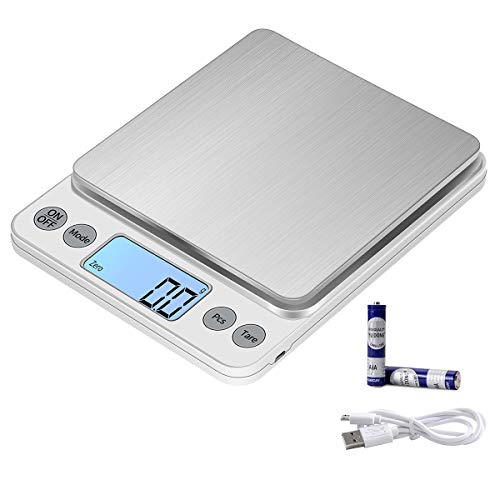I read the other comments, but from what ive learned from reading soap making blogs is that the easiest way to know the difference is wither or not it says "soap" on the label. True soaps by legal requirement have to say "soap" and has usually only around 5 or 6 natural ingredients listed, but most commercial soap just say bar or beauty bar on the label, with no mention of the word soap. These are classed as detergents, like dove beauty bar. Also, the list of ingredients is extensive, similar to the ingredients in melt & pour soap, with around 20 different unheard of ingredients.
As for your olive oil (castile) soap, if you want a harder bar, you could make a 2% superfat rather than the standard 5%. Someone correct me if im wrong.
Yes and no...depends on where you are from. In the United States, the regulatory definition of 'soap' (as defined by the FDA [food and drug administration]) must meet three conditions:
- What it’s made of: To be regulated as “soap,” the product must be composed mainly of the “alkali salts of fatty acids,” that is, the material you get when you combine fats or oils with an alkali, such as lye.
- What ingredients cause its cleaning action: To be regulated as “soap,” those “alkali salts of fatty acids” must be the only material that results in the product’s cleaning action. If the product contains synthetic detergents, it’s a cosmetic, not a soap. You still can use the word “soap” on the label.
- How it's intended to be used: To be regulated as soap, it must be labeled and marketed only for use as soap. If it is intended for purposes such as moisturizing the skin, making the user smell nice, or deodorizing the user’s body, it’s a cosmetic. Or, if the product is intended to treat or prevent disease, such as by killing germs, or treating skin conditions, such as acne or eczema, it’s a drug. You still can use the word “soap” on the label.
Two of the oldest soaps in the US are Palmolive and Ivory:
Ivory: Sodium Tallowate And/Or Sodium Palmate, Water, Sodium Cocoate And/Or Sodium Palm Kernelate, Glycerin, Sodium Chloride, Fragrance, Coconut Acid*, Palm Kernel Acid*, Tallow Acid*, Palm Acid*, Tetrasodium EDTA.
Palmolive: Soap (Sodium Tallowate, Sodium Cocoate, and/or Sodium Palm Kernelate), Water, Glycerin, Fragrance, Sodium Chloride, Hydrogenated Tallow Acid, Coconut Acid, Titanium Dioxide, Pentasodium Pentetate, Pentaerythrityl Tetra-DI-T-Butyl Hydroxyhydrocinnamate, D&C Yellow 10, D&C Green 5.
All the additives, colorants and scent aside...they are still 'soap' as they contain "alkali salts of fatty acids"...specifically: Sodium Tallowate (Tallow), Sodium Palmate (Palm Oil), Sodium Cocoate (Coconut Oil), Sodium Palm Kernelate (Palm Kernel Oil).
Dove classified as a "beauty bar" because it doesn't meet any of the conditions above. And 'sides, it contains 1/4 moisturizing cream and doesn't dry out your skin the way soap can (said with tongue in cheek).
Melt & Pour. I just so happen to have some M&P...the ingredients are: Extra Virgin Olive Oil, Palm Oil, Coconut Oil, Safflower Oil, Glycerine, Purified Water, Sodium Hydroxide, Sorbitol, Propylene Glycol, Sorbitan Oleate, Oat Protein, and Titanium Dioxide. Except for a few added ingredients...alcohol, glycerin and an emulsifier to make it so it can be melted...it meets the regulatory definition of 'soap'.
That isn't to say that all M&P is 'soap', some of it is a 'detergent'. But like anything else, you need to educate yourself and read the labels.
Super Fat has nothing to do with how hard or soft you bar is...physically. I use a 5% SF for two reasons...to make sure there is no Sodium Hydroxide left in my soap in case I screw up and the 'free' oils make my soap a little more moisturizing. Also, there is a difference between a bar of soap that is physically hard and a bar of soap that lasts a long time (longevity). Commercial soaps are 'hard' bars of soap, but they don't last as long a well-balanced bar of artisan soap.
















































